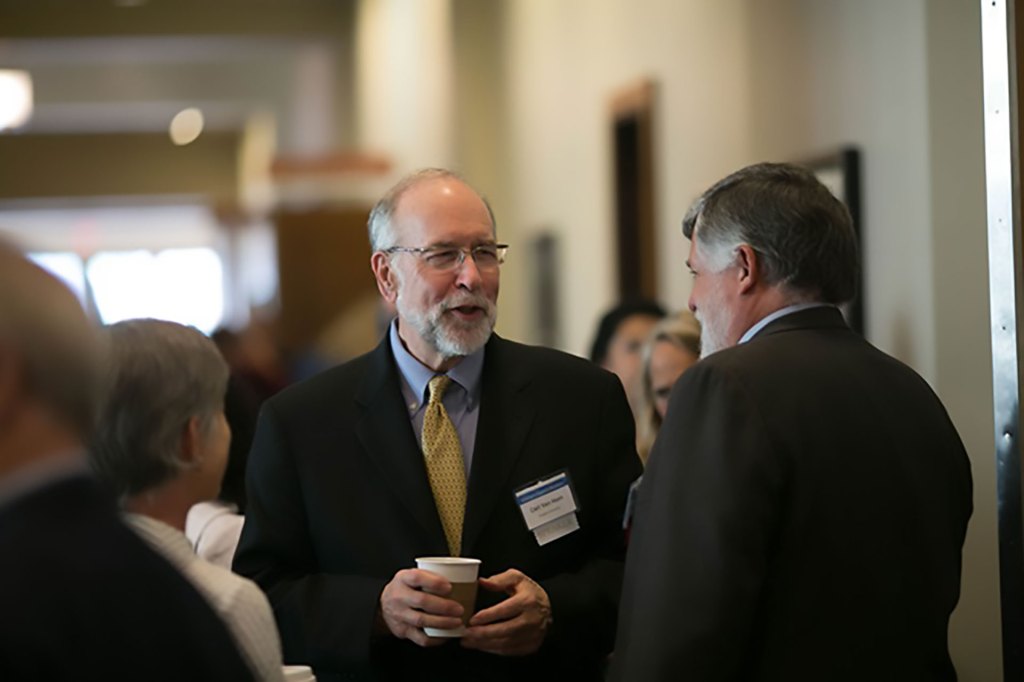Employment
-

Child care: An economic issue
Accessible high-quality child care contributes to a thriving economy and workforce. However, the limited supply and high cost of quality care is out of reach for many families.
-

Workforce as an investment: Philadelphia Fed Patrick Harker reflects on the Fed’s work in building a more inclusive workforce
In this Q&A, outgoing Philadelphia Fed President and CEO Patrick Harker, who has helmed the Philly Fed since 2015, reflects on why he views workforce development as an investment, how the Fed’s role in supporting workers has evolved, and how listening to communities has shaped his approach to monetary policy.
-

Debt-related license suspensions put the brakes on employment
Debt-related driver’s license suspensions can keep people out of the workforce and make it hard for businesses to find and keep the employees they need. Research and practical interventions are helping to change that.
-

The Quarterly Catch-up, Q1 2025
Check out the latest community development-related research, analyses, and articles from all 12 Federal Reserve Banks and the Board of Governors. This post captures content published between January 1 and March 31, 2025, on topics affecting communities.
-

Powerful tool helps job seekers chart a path to higher-paying roles
The Occupational Mobility Explorer uses data from millions of employment ads to show workers the skills they need to attain higher-paying jobs.
-
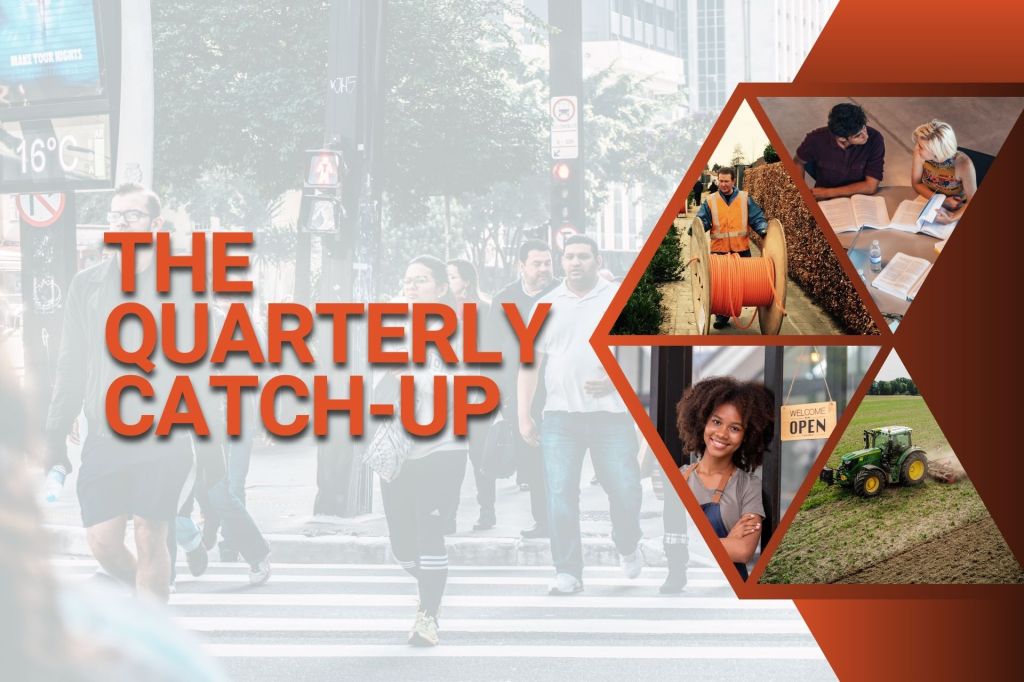
The Quarterly Catch-up, Q4 2024
Check out the latest community development-related research, analyses, and articles from all 12 Federal Reserve Banks and the Board of Governors. This post captures content published between October 1 and December 31, 2024, on topics affecting marginalized communities.
-
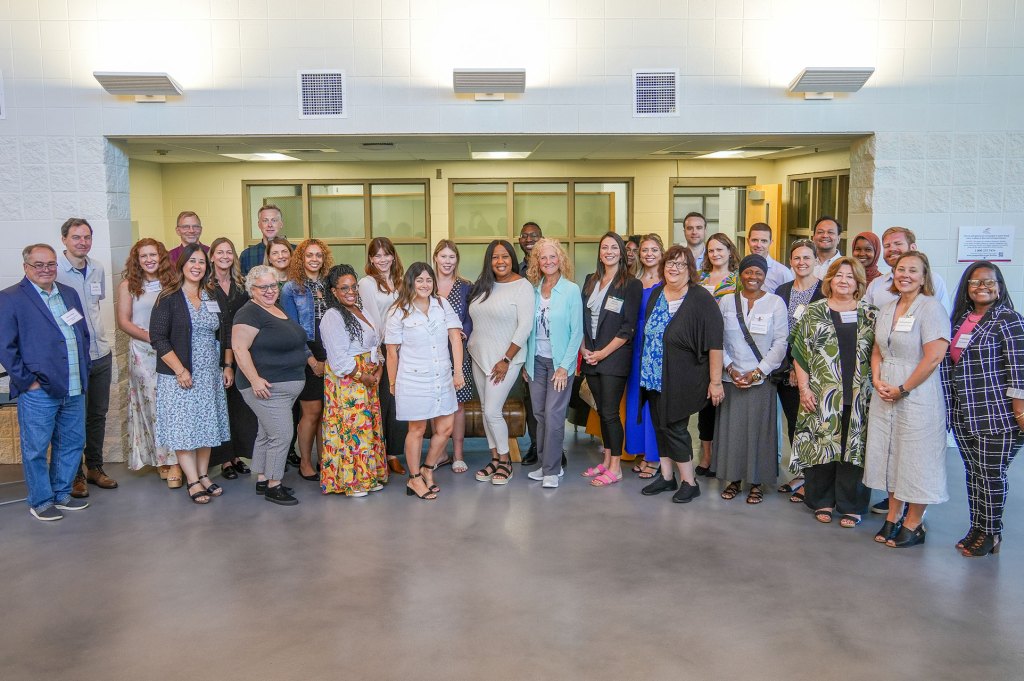
Coalition draws on local benefits cliff lessons to inform national approach
Dozens of experiments across the country aim to mitigate workers’ benefits cliffs as their incomes rise and assistance lessens. A coalition of 13 of these pilots now plans to share what they have learned and practiced with policymakers, employers, and funders.
-
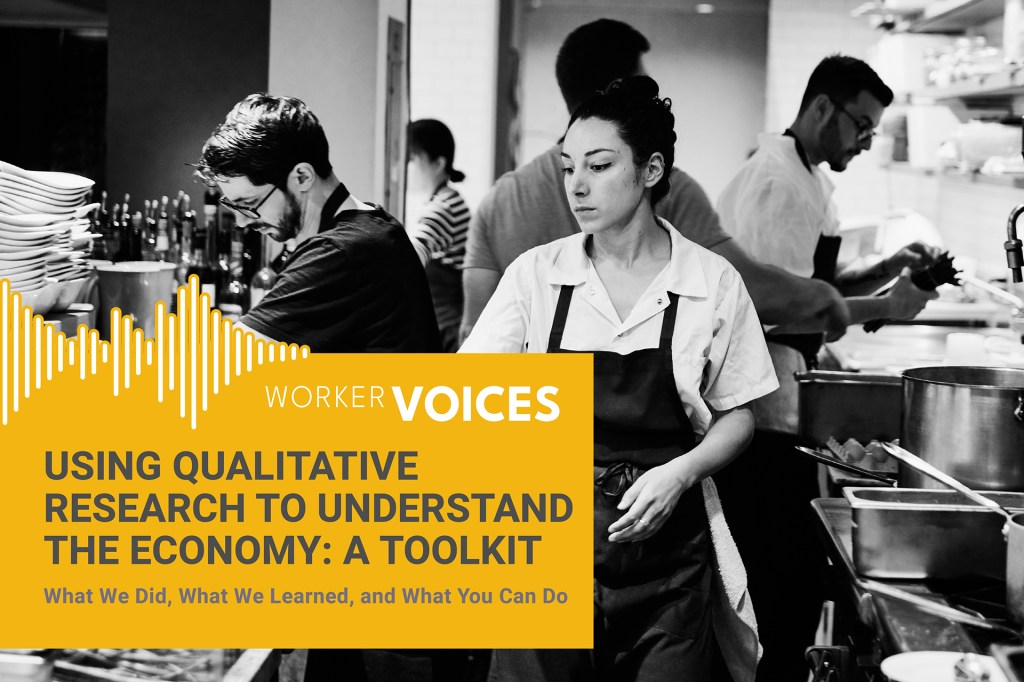
Using Qualitative Research to Understand the Economy: A Toolkit
The toolkit offers insights on using community-engaged qualitative research practices gleaned from the Federal Reserve’s Worker Voices Project and shows how others can use these methods in their own work. This toolkit is for researchers, policymakers, employers, and workforce organizations interested in partnering with the populations they serve and elevating community perspectives.
-
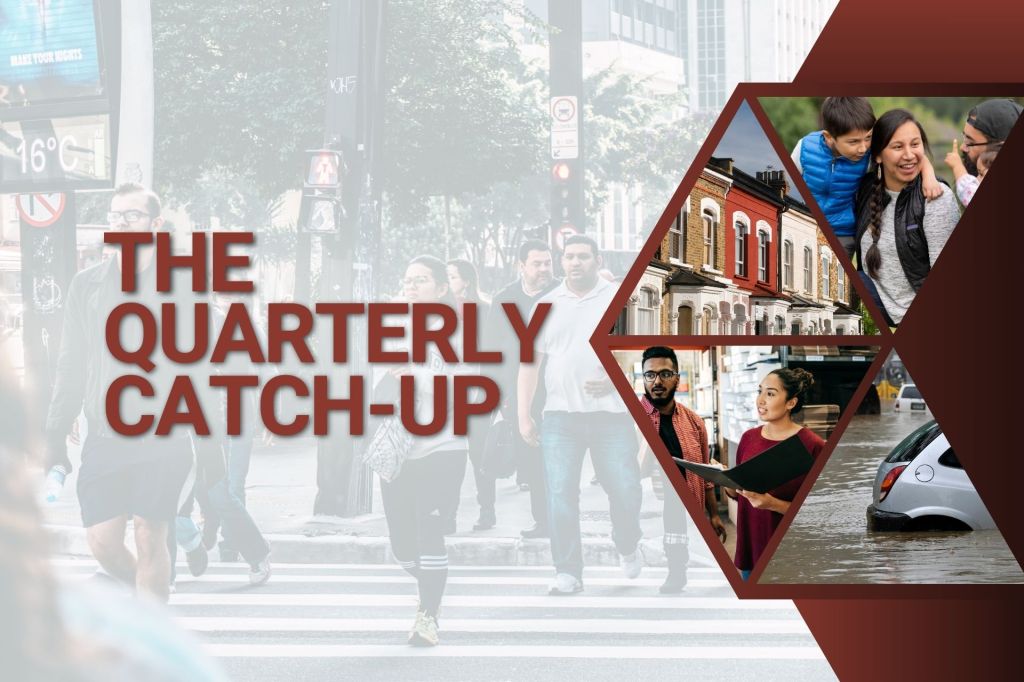
The Quarterly Catch-up, Q3 2024
Check out the latest community development-related research, analyses, and articles from all 12 Federal Reserve Banks and the Board of Governors. This post captures content published between July 1 and September 30, 2024, on topics affecting marginalized communities.






